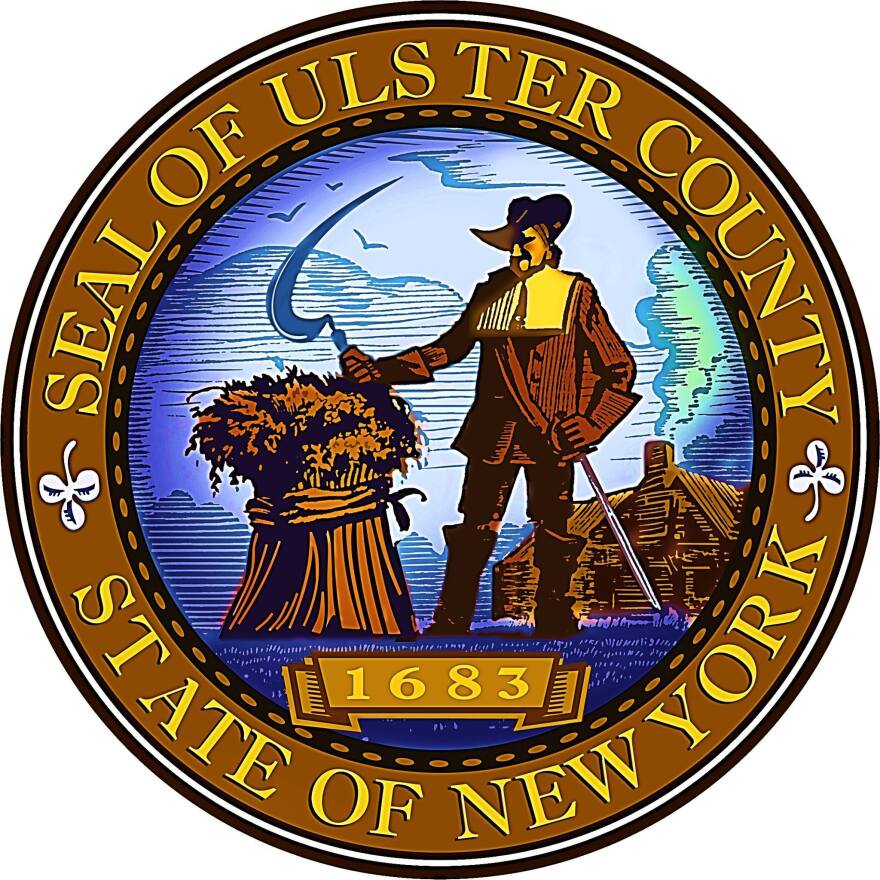Metzger, a Democrat, says the law grants county residents a real property tax exemption on the portion of their increased property value resulting from an ADU. It’s tied to a state tax law aimed at encouraging ADU construction and increasing local housing stock. The exemption is capped at $200,000, lasts for five years, and gradually decreases every year after that.
But Metzger already wants to amend the law, because she says the county legislature removed language preventing the tax-exempted ADUs from being used as short-term rentals.
“This tax incentive is not meant as an incentive to add short-term rentals. We don’t need an incentive for that," she tells WAMC. "This is an incentive to encourage permanent housing solutions for our residents.”
Ulster County, like much of the region and state, is struggling with a housing crisis. Housing advocates say the short-term rental market is exacerbating the shortage by snatching up would-be homes and apartments and turning them into vacation rentals and Airbnbs. In 2024, the median cost of a home was more than $300,000 in every county in the Hudson Valley, according to the nonprofit Hudson Valley Pattern for Progress.
Groups like Pattern for Progress stress that New York will need to build all types of housing in order to best address the shortage and bring prices down, but Metzger says ADUs are among the fasted and cheapest types to build. Communities like Kingston and Rosendale have amended their zoning codes in recent years to clear hurdles for property owners. ADUs can range from small, separate “in-law cottages” in your backyard to apartment units above a garage. Metzger estimates they cost anywhere from $100,000 to $200,000, and the county is preparing to launch a third round of grants for aspiring ADU owners this summer.
“In exchange for receiving funding — I think this past round it was around $112,000 — in return for receiving that money, the homeowner agrees to keep the rent affordable for at least 10 years," she explains.
Republican Legislator Thomas Corcoran Jr. says he’s on board with Metzger’s amendment to the tax incentive law. He’s a fan of ADUs, and he’s currently working to update the zoning code in Marlborough, where he is a building inspector and zoning officer, to allow them. He likes short-term rentals, too, but he agrees Ulster County doesn’t need incentives for more of them.
“Short-term rentals have their place, but I also have to be conscious of our hotel/motel situation, and our resorts," says Corcoran. "That’s their living. They’re making their living renting rooms.”
Corcoran, who is a member of the Housing and Transportation Committee, says he doesn’t know how the short-term rental restriction got removed from the tax incentive law in the first place. In his committee meetings, he says it was always clear short-term rental ADUs weren’t meant to qualify.
Metzger says an amendment came up on the floor of the legislature to remove the section of the law restricting short-term rentals. She says that section resembled language in the broader state tax law, but she wants it to be even more clear.
“I’m going to propose that this language be put back in, and add further language clarifying that it should not be used for a short-term rental specifically," she says. "This is the intent of the state statute, but I think the language in the state statute is a little more vague. It references the ADU being used primarily for ‘residential purposes,’ but we want to be very clear.”
Metzger plans to submit her amendment at the legislature’s next meeting in May. Democratic Legislator Abe Uchitelle says he would be happy to sponsor and support it, but he notes there was a reason the language was cut: he says it’s possible the clear restriction Metzger wants could conflict with the state tax law.
“I suspect that the legislation will receive a warm reception from my colleagues and a critical lens from our attorneys," he says. "If that’s something we can legislate, then we’ll do that, and that’s what the legislative process will reveal.”
The tax exemption only applies to the county portion of a resident’s property tax. Metzger stresses she’d like to see municipalities adopt their own versions in the future.



